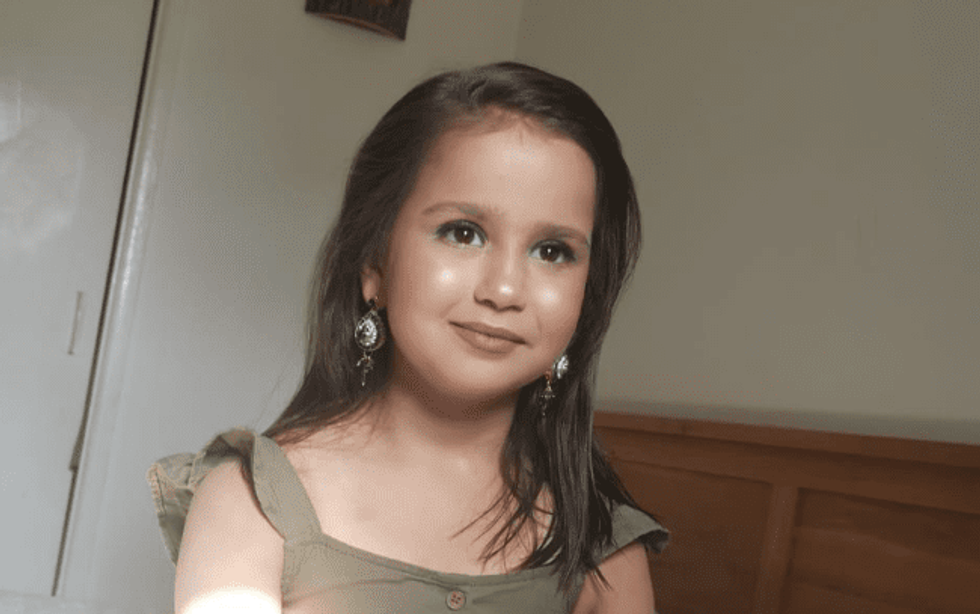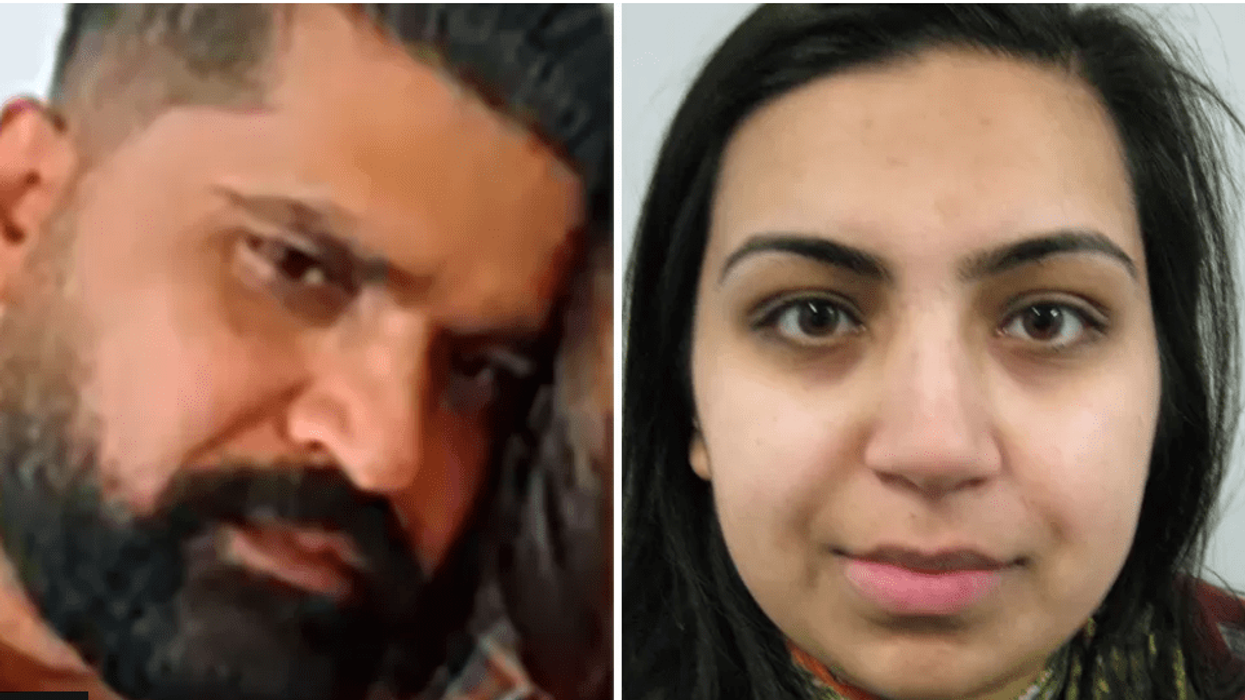THE father and stepmother of a 10-year-old British-Pakistani girl were found guilty Wednesday (11) of her murder in a gruesome case of child abuse that shocked the UK and triggered an international manhunt.
Urfan Sharif, 42, and Beinash Batool, 30, were convicted of Sara Sharif's murder after she was found dead at her home last year, having suffered extensive injuries including broken bones, burns and bite marks.
Her uncle Faisal Malik, 29, was also found guilty of causing or allowing her death after a week of jury deliberations at London's Old Bailey criminal court.
The sentencing for the "extremely stressful and traumatic" case will take place on Tuesday (17), the judge said.
Sara was found dead in her bed in Woking, southwest of London, on August 10, 2023. The three convicted family members had fled to Pakistan the day before.
Her father left behind a handwritten note by her body saying he hadn't meant to kill her "but I lost it".
Her three relatives were arrested after returning to the UK a month later.
When cross-examined at the highly charged trial last month, Sharif, a taxi driver, admitted to killing his daughter, but maintained he had not meant to harm her. He had initially denied all charges and blamed Batool for Sara's death.

Sharif also admitted causing multiple fractures in the weeks before Sara's death, beating her with a cricket bat as she was bound with packaging tape, throttling her with his bare hands and breaking the hyoid bone in her neck.
Batool, who did not give evidence, had refused to provide dental imprints for the bite marks found on Sara, who was described as "bubbly" and "very smiley".The prosecutor said Batool and Malik had a "strong case" against them, by "the fact they lived with Sara as she was gradually being beaten to death."
A post-mortem found the child had suffered at least 25 broken bones. A cricket bat with Sara's blood on it and plastic bag hoods the size of her head were among the evidence found in a house-search.
On arriving in Islamabad after fleeing last year, Sharif phoned British police and told them he had beaten his daughter "too much".
But during the trial all three family members entered not guilty pleas.
Speaking outside the Old Bailey, Craig Emmerson of Surrey police called it "one of the most difficult and distressing cases that Surrey police has ever dealt with".
"All three defendants have only ever sought to preserve their own interests throughout this investigation and have shown no remorse for their truly dreadful behaviour," Emmerson added.
The trial also raised questions about the Sara's safeguarding at school and by local child services.
Sharif had gained custody of Sara in 2019 after separating from his first wife and despite allegations of being abusive towards his ex-wife, the jury was told during the trial. Sara was also in and out of foster care.
Around March 2023, after seeing injuries on her face, Sara's school referred the case to child services, who probed the incident but did not take any action.
A month later, Sara was taken out of school by Sharif to be home-schooled full-time.
"None of us can imagine how appalling and brutal Sara's treatment was in the last few weeks of her short life," Libby Clark from the Crown Prosecution Service (CPS) said after the conviction.
"We have today secured justice for Sara, a bubbly young girl, who was killed by the adults who should have protected her," Clark added.
Sara's teacher Jacquie Chambers described her to the BBC as an "absolute chatterbox" and a "confident, very smiley, full of energy and life little girl".
"She was a really vibrant, big character," Chambers added.
(AFP)





